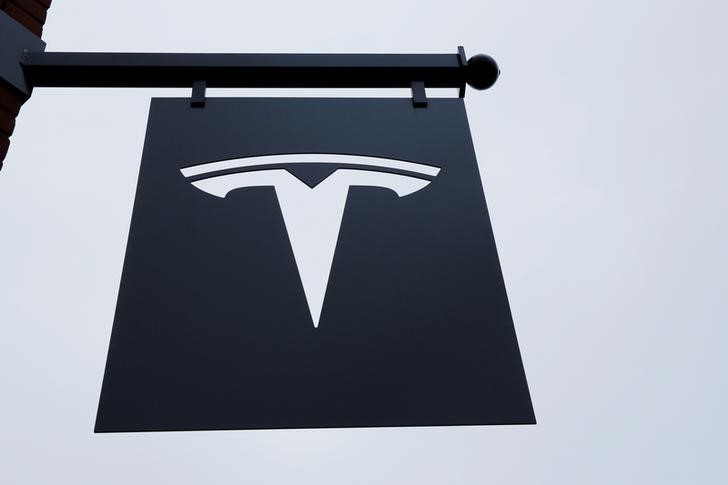This post was originally published on this site
https://i-invdn-com.investing.com/trkd-images/LYNXMPEJ2Q0D5_L.jpg
, (Reuters) – A jury trial begins Monday to determine how much money Tesla (NASDAQ:TSLA) Inc must pay to a Black former Tesla Inc factory worker who won a lawsuit accusing the electric car maker of tolerating severe racial harassment at its flagship Fremont, California assembly plant. The case is one of several involving working conditions at Tesla and other companies owned by billionaire Elon Musk. Here’s a look at what’s at stake.
WHAT DISCRIMINATION CLAIMS IS TESLA FACING?
Owen Diaz, a former elevator operator at the Fremont plant, won a 2021 trial against Tesla, saying he was subjected to harassment including racial slurs and racist caricatures. A jury awarded Diaz $7 million for emotional distress and $130 million in punitive damages, but a federal judge lowered the total award to $15 million. Diaz rejected the lower payout and opted for a new trial on damages.
The U.S. Supreme Court has said punitive damages should not be more than 10 times the award for emotional distress and other injuries.
Tesla faces similar but much broader claims of tolerating racist conduct in a proposed class action by Black workers and a separate lawsuit by a California civil rights agency. Those cases are in early stages and will not go to trial soon. Tesla has denied wrongdoing and called the agency’s lawsuit politically motivated.
DOES TESLA FACE MORE BIAS CLAIMS THAN OTHER MAJOR AUTO MAKERS?
The handful of pending cases against Tesla is in line with what any large company can expect. What stands out is the consistency of the claims alleging rampant harassment of Black workers at Tesla’s plant in Fremont. Lawsuits against most other companies come from individual plaintiffs making allegations that vary significantly. But all the cases against Tesla claim the company’s small human resources team had inadequate staffing to deal with a stream of complaints from Black employees.
HOW BIG IS THE FINANCIAL THREAT TO TESLA AND MUSK?
Tesla is among the world’s most valuable companies with market capitalization of more than $580 billion, and Musk is the world’s second richest person. So a jury award of tens of millions of dollars for Diaz would sting but not decimate the company or its founder.
Still, the case could prompt investors to scrutinize employment practices at companies owned by Musk, and raise concerns about pending cases involving many more Tesla workers. Last year, a Tesla shareholder sued the company and Musk in Texas federal court claiming their failure to address a “toxic workplace culture” had caused Tesla to lose high-quality employees and incur costs for defending cases and paying fines.
WHAT ABOUT OTHER EMPLOYMENT ISSUES?
Tesla is also fighting a spate of sexual harassment lawsuits by female workers at the Fremont plant and another factory near Los Angeles. A pair of other complaints filed with the U.S. Department of Labor last year accuse Tesla of wage theft and worker safety violations at its $1.1 billion truck factory in Austin, Texas. In another pending case, a former production manager claims he was fired for raising concerns about safety issues at the Fremont plant and a factory in Nevada.
Tesla is appealing a U.S. labor board’s decision last August that said the company several years ago illegally barred workers at the Fremont plant from wearing shirts bearing union insignia. In separate cases pending at the labor board, former employees of Tesla and SpaceX, Musk’s rocket company, claim they were fired for criticizing him and the companies’ employment policies.
WHAT HAVE ELON MUSK AND TESLA SAID ABOUT THESE CLAIMS?
In a 2017 email to Tesla staff in response to Diaz’s lawsuit, Musk stated that “part of not being a huge jerk is considering how someone might feel who is part of an historically less represented group.” But he went on to say minorities should be “thick-skinned” and accept apologies from coworkers who insult them.
Tesla in court filings has said it does not tolerate discrimination, takes complaints by workers seriously and disciplines employees who violate anti-bias policies. The company also has said it regularly updates management and members of its board on initiatives meant to prevent discriminatory conduct, including in pay and promotions.


